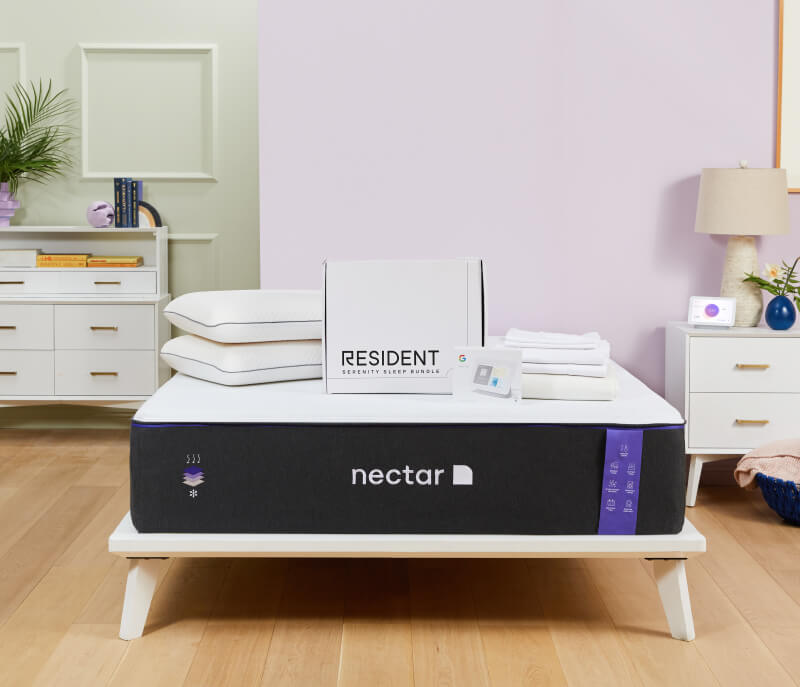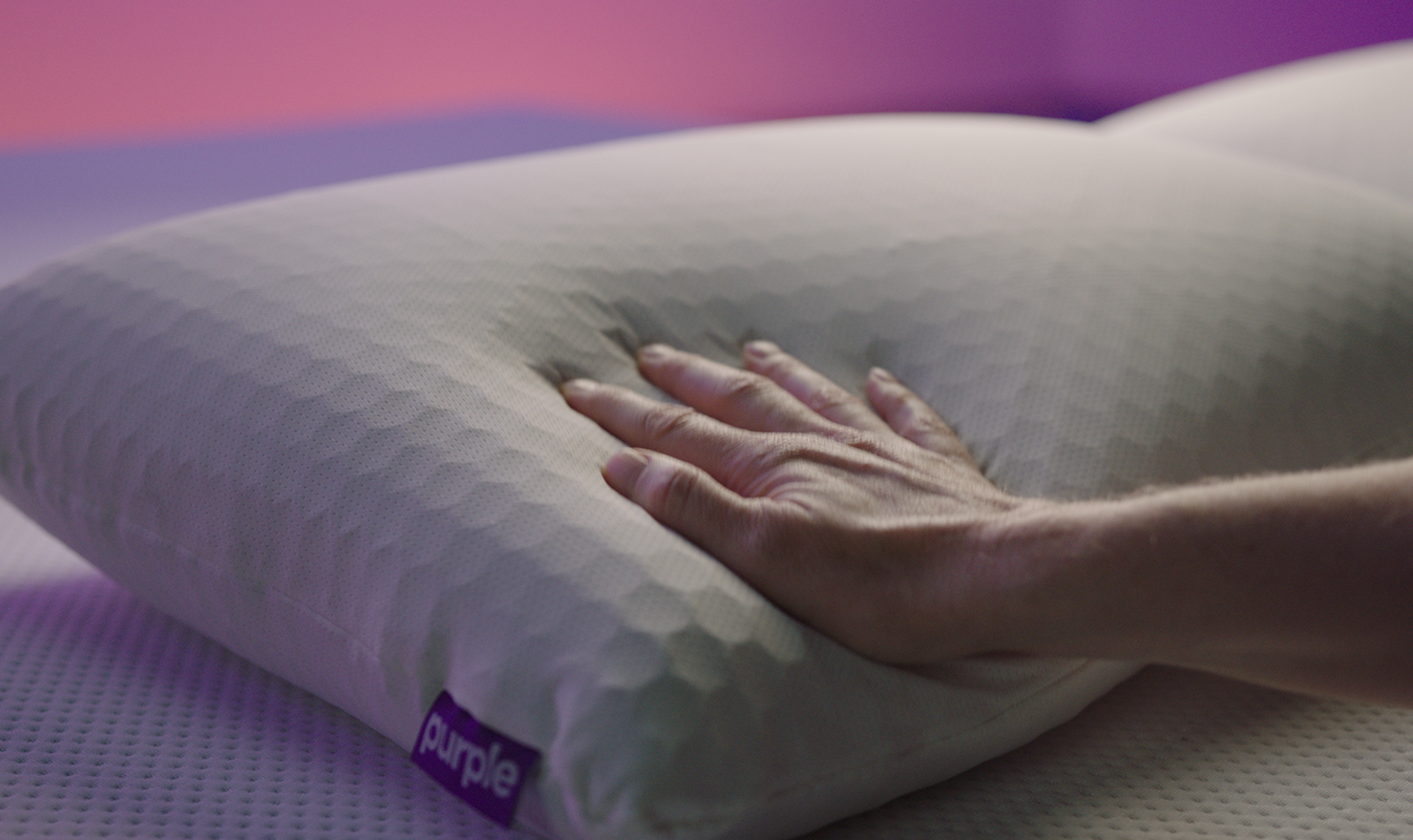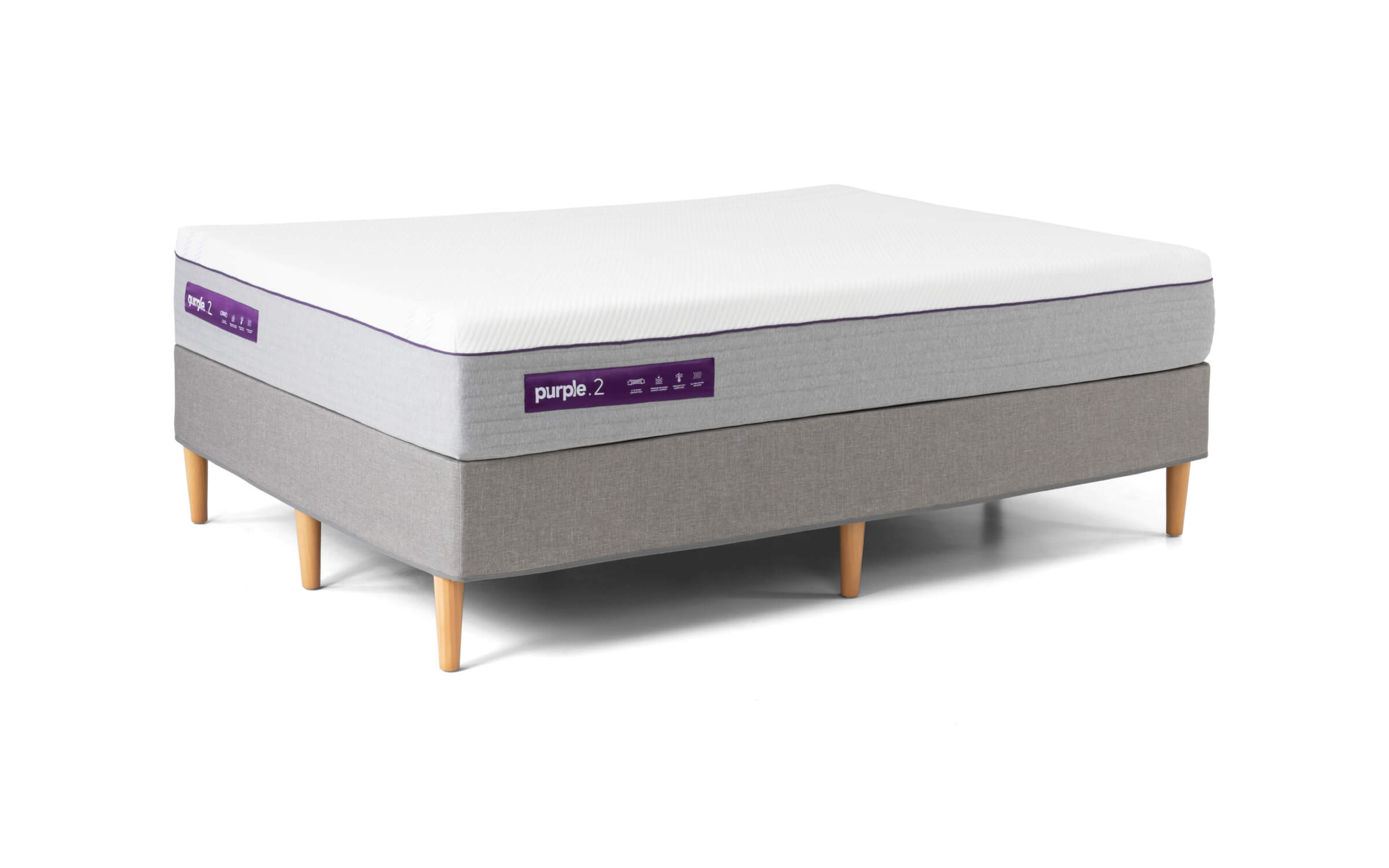Quilted Cool Cover
Conk out cool with this soft, breathable poly-blend cover featuring heat wicking, cooling technology.
Nectar Smart Layer With ActiveCool HD
Zonk out in a temperature-responsive oasis, with a 3-inch layer of gel-infused memory foam with phase-change material. (Designed in labs to react to your rising and dropping body temperatures, auto-adjusting to your temperature as you sleep.)
Dynamic Support Layer
Get tailored bounce-back with 3 inches of dynamically adjusting foam. Get the support your body needs to relax into a deep sleep.
Stay-Stable Base Layer
This sturdy 7-inch foam layer ensures the comfort and support layers above it perform at their best.
Shift-Resistant Lower Cover
No slip-and-slide here. Your mattress stays together, no matter how much you jump on it.






by Michelle
This is one of the best purchases ever. I did a lot of research before making this purchase and it is even better then I hoped. Thank you Nectar
by Melissa
The service and shipping of the bed was spot on. It was easy to install and puffed up very quickly. We have enjoyed every night’s sleep on it. Amazing that I don’t even feel my partner as he moves around at night.
by Dorothy
Comfortable and affordable.
by William
Removes the hip pain compared to prior mattress within one night of use.
by Nick
My last mattress I have for over 10 year. I was very happy to get this new nectar. When I cam it was easy to set up. The sheets, pillows and blankets make this bed too. 10 out of 10.
by Christopher
This mattress has been great so far. We have had it for a little over a month and it has been very comfortable. It’s that nice mix of soft comfort that at the same time provides support. I’m a side and belly sleeper and my wife is a back and side sleeper. We have both found it to be very comfortable.
by Meaghan
So far so good… we’ve had the mattress for about a month now and have been very happy so far. It’s amazing how much better we sleep with a comfortable, new mattress. The unboxing process was easy and customer service throughout the buying process was great! Hoping rhe rest of our nights continue to be just as comfy as we break the mattress in
by Cindy
I love this mattress, I have a ton of lower back issues and get some sort of pain from most mattresses. I’ve slept great on this!
by Ethan
The Nectar Mattress is firm enough that gives me plenty of support. But is also cool enough that allows me to sleep comfortably.
by Juan
I have had the bed for over 2 months and it feels amazing.
by Mark
I am now able to sleep good once again. I absolutely love the new mattress. It is so comfortable and soft and keeps me cool throughout the night. No more night sweats and tossing and turning trying to get confortable. The pillows are amazing.
by Kasandra
I’ve been having a lot of back, hip and neck pain. Figured it was time to upgrade my mattress. It feels as though I’m being cradled and sleeping on a cloud.
by Teresa
We had a sleep number bed for years. I thought I always would but starting have issues with it and decided to do some research. This mattress kept coming up with great reviews. I’m super picky, I’ve been through many mattresses but this immediately felt good. I’m glad I took the chance!
by Chad
The bed is amazing and I can’t say enough good! Years of lower back stiffness are gone when I wake up in the morning! Very happy!
by Catherine
Very happy with our new mattress – as well as the new pillows! thank you.
by Sean
I got this mattress 3 years ago and wanted to hold my review until I had it for some time. After 3 years I can say without a doubt it is the most comfortable mattress I have ever slept on and it has held up great over the last three years.